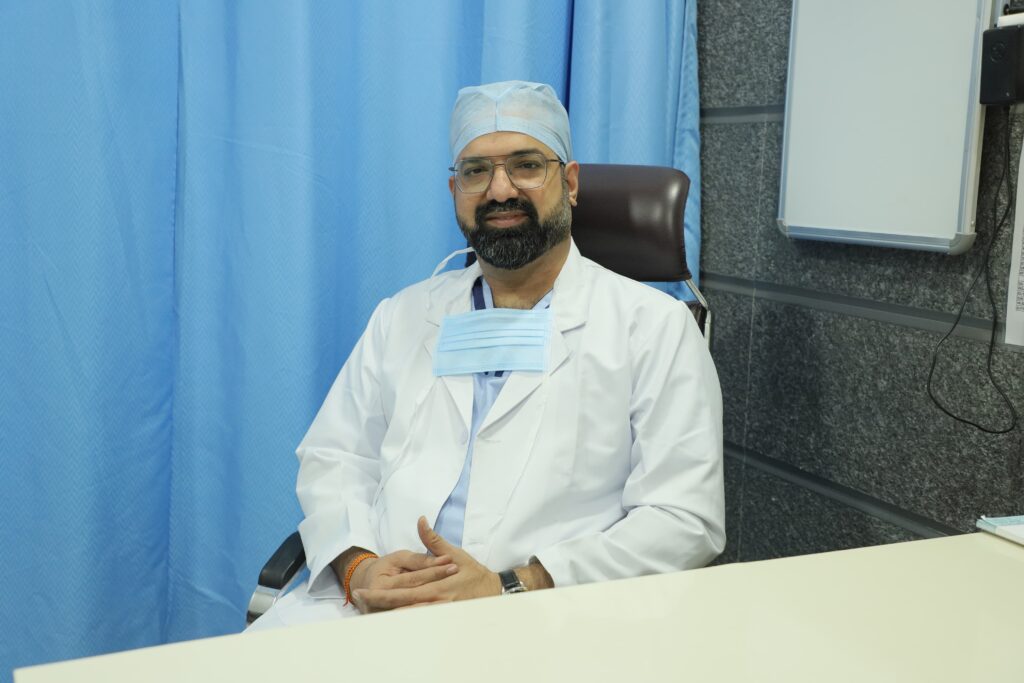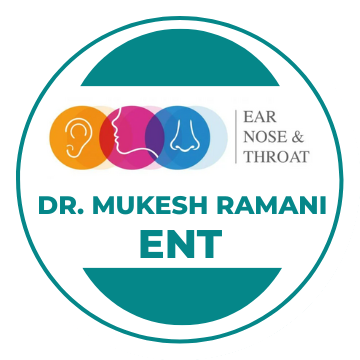Services
We Provide

Understanding Delayed Speech in Children
Delayed speech, also known as late talkers, is a common developmental milestone that occurs when a child’s speech and language skills develop at a slower pace than expected for their age. While every child develops at their own pace, delayed speech may indicate underlying developmental issues that require attention and intervention. Understanding the causes, symptoms, diagnosis, and treatment options for delayed speech in children is essential for supporting their language development and overall well-being.
Diagnosis of Delayed Speech
Diagnosing delayed speech in children typically involves a comprehensive assessment by a healthcare provider or speech-language pathologist. During the evaluation, the provider will consider factors such as the child’s age, developmental history, and observed communication skills. Formal assessments, such as standardized language tests or developmental screenings, may be administered to evaluate the child’s speech and language abilities.
Causes of Delayed Speech
Delayed speech in children can be caused by various factors, including:
- Genetics: Some children may have a genetic predisposition to delayed speech or language disorders.
- Hearing Loss: Hearing impairments, such as conductive hearing loss or sensorineural hearing loss, can affect a child’s ability to hear and produce speech sounds.
- Premature Birth: Premature infants may experience delays in speech and language development due to their early arrival and associated medical complications.
- Developmental Disorders: Conditions such as autism spectrum disorder (ASD), Down syndrome, or cerebral palsy can impact speech and language development.
- Environmental Factors: Lack of exposure to language-rich environments, limited opportunities for social interaction, or inconsistent language input can contribute to delayed speech.
Symptoms of Delayed Speech
Common symptoms of delayed speech in children may include:
- Limited Vocabulary: Limited or reduced vocabulary compared to peers of the same age.
- Difficulty Forming Words: Difficulty forming words or producing clear speech sounds.
- Limited Social Interaction: Reduced engagement in social interactions or difficulty communicating with others.
- Difficulty Following Directions: Difficulty understanding and following verbal instructions or commands.
- Frustration or Behavioral Issues: Frustration or behavioral issues related to difficulty communicating wants and needs.
It’s important for parents and caregivers to seek early intervention if they suspect their child is experiencing delayed speech. Early diagnosis and intervention can help address underlying issues and support the child’s language development. Treatment options for delayed speech may include speech therapy, language intervention programs, and strategies to enhance communication skills in daily activities. With appropriate support and intervention, many children with delayed speech can make significant progress in their language development and communication abilities.
18+
years
of experience

Dr. Mukesh Kumar Ramani
Dr. Mukesh Kumar Ramani is a dedicated Specialist ENT Surgeon at Aster Clinic (Aster Jubilee Medical Complex) in Burdubai, Dubai. With over 18 years of experience in the field, Dr. Ramani has garnered expertise in various aspects of Otorhinolaryngology.
He completed his MBBS from Thanjavur Medical College, Tamilnadu, India, followed by MS (ENT) from B. J. Medical College, Ahmedabad, India, and DNB from the National Board of Examinations, New Delhi, India. Dr. Ramani’s extensive academic background is complemented by his passion for delivering high-quality patient care.
